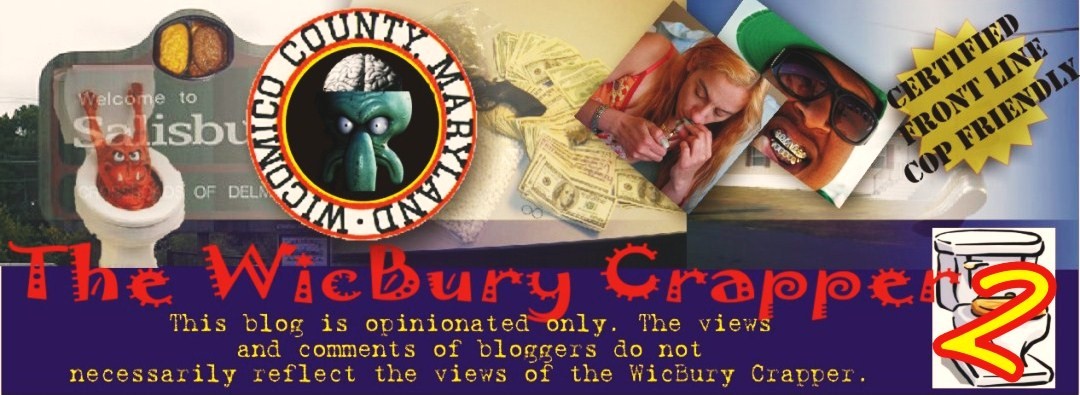It's 2 AM and officers have just arrested a 15 year old for First Degree Murder. As the defendant is entering the interview room, a lawyer shows up at the front desk and confronts the Duty Officer saying that he represents the 15 year old, having been retained by the "kid's" grandmother. The lawyer adamently insists that no questioning of the defendant occur at this time or at anytime in the future. The lawyer insists that he be allowed to speak with the defendant immediately. In the back, the Detective advises the defendant of his Miranda warnings, which he states that he understands and then waives them and gives the Detective a full confession. The defendant never makes a request to speak with a lawyer, but rather asks the Detective if it would be a good idea to talk with his Grandmother. The Detective says he can't tell the defendant one way or the other. The defendant doesn't ask anything further before he confesses.
The defendant is of average intelligence, but acknowledges that he smoked a "joint" approximately five hours ago. To the Detective, the defendant sounds coherent and answers all of the questions in a somewhat responsive fashion.
Will the defendant initially be charged as an adult or as a juvenile? Will the defendant's confession be admissible at his trial?
ATTENTION ALL SBYNEWS VIEWERS
-
The new SBYNews Website is now up and running. Everyone will need to type
in sbynews.com and save it as one of your favorites. Many of you are
logging in u...
5 years ago





4 comments:
Sounds like to me that he would be charged as an adult, the confession should be valid. However I can already see a motions hearing that would most likely be forthcoming.
I don't think the confession would be valid because the juvinile, even though he would be charged as an adult, still was unable to speak with his grandmother. Being 15 years old, there is no problem waiving him to adult status but, he still has a right to be represented which should be assumed if facing a waiver charge.
Courts will look at the totality of the circumstances to decide whether a juvenile's statement was voluntary. The test is whether the statement was made freely and voluntarily, without improper coercion or inducement.
Factors to consider include the age, education and intelligence of the juvenile, the length of questioning, whether the juvenile was informed of his constitutional rights and whether he was subjected to physical coercion or punishment. Other relevant factors include the juvenile's emotional characteristics, his previous experience with the juvenile and/or criminal justice system and whether his statement was obtained or induced by police deception. Courts will also look for evidence that the accused was offered leniency in return for his statement, or received other offers or promises that induced his statement. Additional factors include the time of day for the interview and the presence of a parent or other adult caretaker concerned about the juvenile's welfare during the questioning.
While the presence or absence of a parent is a factor that courts will consider in determining voluntariness, there is no per se rule that a parent must be present during questioning However, courts have held that police conduct that frustrates a parent's attempt to speak with their child before or during questioning is a significant factor in deciding whether a statement was given voluntarily.
Clearly, statements obtained from juveniles during police interrogation will invite special attention from reviewing courts. They will be carefully scrutinized, not only for evidence of physical or psychological coercion, but also for some demonstration that the juvenile understood his Miranda rights, appreciated the gravity of the situation, freely agreed to waive those rights and gave an uncoerced statement.
Please do not quote departmental policies naming the department. We will not publish comments that quote departmental policy and proceedures. Please reword your comment to state, "At my dept." or something to that effect.
Post a Comment